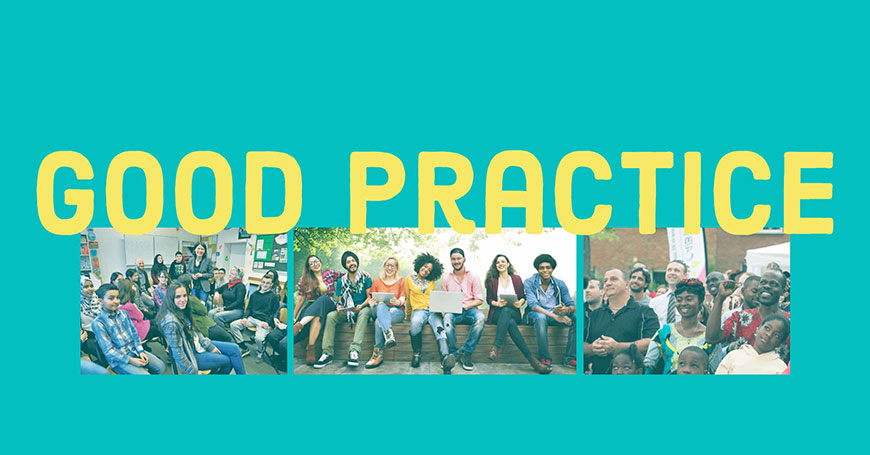Intercultural cities: good practice examples

The first step is the adoption (and implementation) of strategies that facilitate positive intercultural encounters and exchanges, and promote equal and active participation of residents and communities in the development of the city, thus responding to the needs of a diverse population. The Intercultural integration policy model is based on extensive research evidence, on a range of international legal instruments, and on the collective input of the cities member of the Intercultural Cities programme that share their good practice examples on how to better manage diversity, address possible conflicts, and benefit from the diversity advantage.
This section offers examples of intercultural approaches that facilitate the development and implementation of intercultural strategies.
Akadimia - an Intercultural Centre for Social Integration
Purpose: The purpose of the Intercultural Centre for Social Integration in Ioannina is to provide support and assistance primarily to refugees and migrants residing in the area. It aims to improve...
Generational Dialog
Purpose: The project aims to create a better basis for communication between generations (i.e., between “second-generation” children born and living in a foreign country and parents that migrated...
Gender-responsive budgeting to improve the impact of public policies on gender equality
Purpose: Gender-responsive budgeting allows for better consideration of the impact of public policies on gender equality. In the long run, it will allow for a sustainable and transversal...


